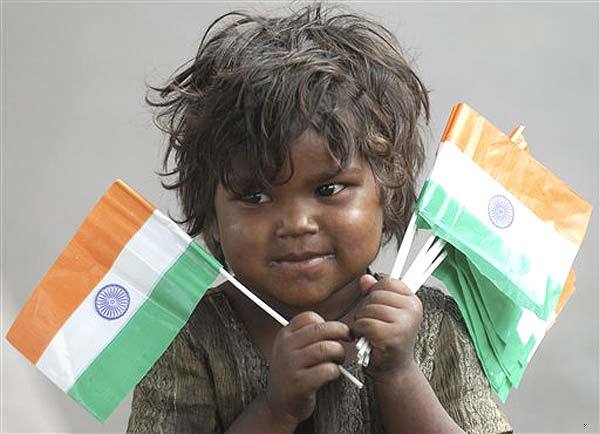
Reports are coming in of four infants under the age of one dying minutes after the measles vaccine. The vaccination programme has been suspended and the batch has been sent for testing.
The children all from a slum colony in Adipur town in the Kutch district died soon after being given vaccines by the district health department. The bodies of the four infants have been sent for post mortem to determine the exact cause of death and a high level inquiry has began.
If any negligence is found Narendra Modi the Chief Minister has promised to take strong action. The chief added that if any staff member is found to be guilty they would be ‘severely punished’. (http://www.zeenews.com/news693699.html) and (http://www.sify.com/news/4-gujarat-children-die…)
Sadly, these are not the only deaths reported just minutes after the measles vaccine in India. In Dhawan, September 2010, twin girls of nine months also suffered the same fate within 15 minutes of the measles vaccine. The children’s uncle said:
“They were given the vaccination around 7.15 pm. In 15 minutes, the children started breathing heavily. We rushed to the doctor who gave them oxygen. But the babies had died by then.”
The Indian Medical Association’s local president visited the hospital and confirmed the deaths of infants were due to the vaccine. (http://www.knowabouthealth.com/measles-vaccine-cause…)
Similar deaths were also reported in Lucknow and Kanpur. Many questions are being asked as to why so many babies are dying particularly after the measles vaccines in India. Many blame poor storage.
It is advised that the measles vaccine must be kept cool. Direct Remedies LTD state:
“Storage and transport:
As recommended by the manufacturers, the storage and transport of the vaccines is such that they are always kept between 2 and 8 degrees centigrade. Industry standard fridges, cool boxes and icepacks are used for this purpose in order to maintain the essential cold chain.” (http://www.directremedies.com/singleSavi.htm#Storage)
When transporting and storing vaccines, the ‘Cold Chain’ must be maintained at all times. The ‘cold chain’ is a system devised for the storing and transporting of vaccines safely. There are important steps that must be adhered to at all times to keep vaccines safe for use.
A vaccine must be kept cool, keeping temperatures maintained throughout it’s journey. This includes the moment that the vaccine leaves the pharmaceutical company to the vaccination process itself. The main stages are during transportation, waiting at the airport, when being kept in the cold store and finally during the course of a vaccination programme.
The GLOBAL PROGRAMME FOR VACCINES AND IMMUNIZATION EXPANDED PROGRAMME ON IMMUNIZATION (http://www.health.gov.il/download/forms/a3039_GDPv.pdf) state:
“REMEMBER:
· Even the most expensive and sophisticated equipment will not ensure an effective cold chain if not correctly used and managed by health personnel.”
Could poor storage and care of the vaccines before use be to blame?
Others are blaming vaccinating children who are already possibly sick and poorly nourished. We should ask ourselves is it wise to vaccinate children whose nutrition and general health is already poor? It maybe that we should be offering other aid and not just vaccination to these families.
Dr Jayne Donegan a G.P and Homeopath feels that we are vaccinating thousands of children unnecessarily. She says that we are vaccinating children against many of the childhood diseases because we are told that these diseases are a bad thing. However, if we look back at the figures form the Office of National Statistics, we see that 95% of people who used to die from measles stopped dying of the disease before the vaccine was ever introduced.
In her article ‘Are childhood infections a good thing?’ she says that the Victorians realised that if they did not take steps to clean up the cities after the massive move from the country to towns in the eighteenth century, everyone – rich people included – was going to die in epidemics. Dr Donegan believes that better sanitation and better diets save far more lives than vaccinations have ever done. (http://www.jayne-donegan.co.uk/wp-content/uploads/2010/05/Are-CHILDHOOD-INFECTIOUS-DISEASES-a-good-thing-website.pdf)
I agree with Dr Donegan and believe it is high time we reconsidered the vaccine programs in underdeveloped areas of the world. The first priority should surely be as Dr Donegan suggests better sanitation and nutrition. Many of these children are far too sick to be able to have these vaccines in the first place. Governments should take a serious look at what these children really need to maximise their chance of fighting disease and stop using the ‘one vaccine fits all’ approach.
